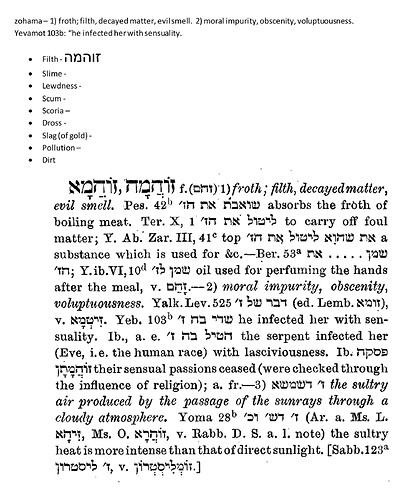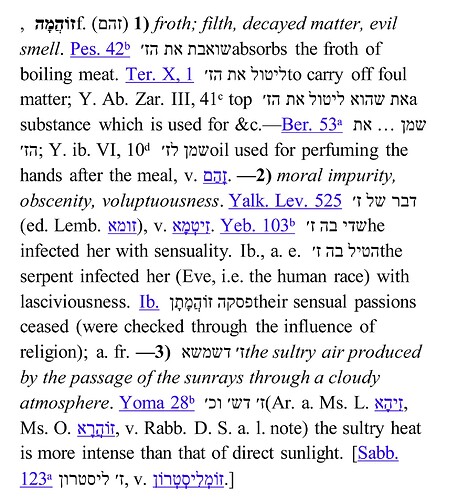I had to look this up. The mistranslation is
Therefore as sin came into the world through one man and death through sin, and so death spread to all men, in him all men sinned
when the correct translation is
Therefore as sin came into the world through one man and death through sin, and so death spread to all men, because all men sinned
I find nonexistence claims to be silly. When people asked me in my youth if I believed in the existence of God, I replied the question isn’t whether God exists but what is God? The same applies in the case of original sin. The words exist. The only question is what real thing do these words refer to?
I could never believe in some built in inclination to sin, and I never have. But an original sin? Yes I believe in that. It is characteristic of human behavior that that once someone does something then others imitate this behavior and it spreads till many, most, or even all do the same thing. The Bible tells the story of such a thing in the case of murder starting with Cain.
I am reminded of dark matter in physics. It is essentially a fudge factor to explain the failure of physics to explain what we see and measure. I have always been rather skeptical, but discrepancy and need for an explanation certainly exists. It is only a question of what is the correct explanation.

